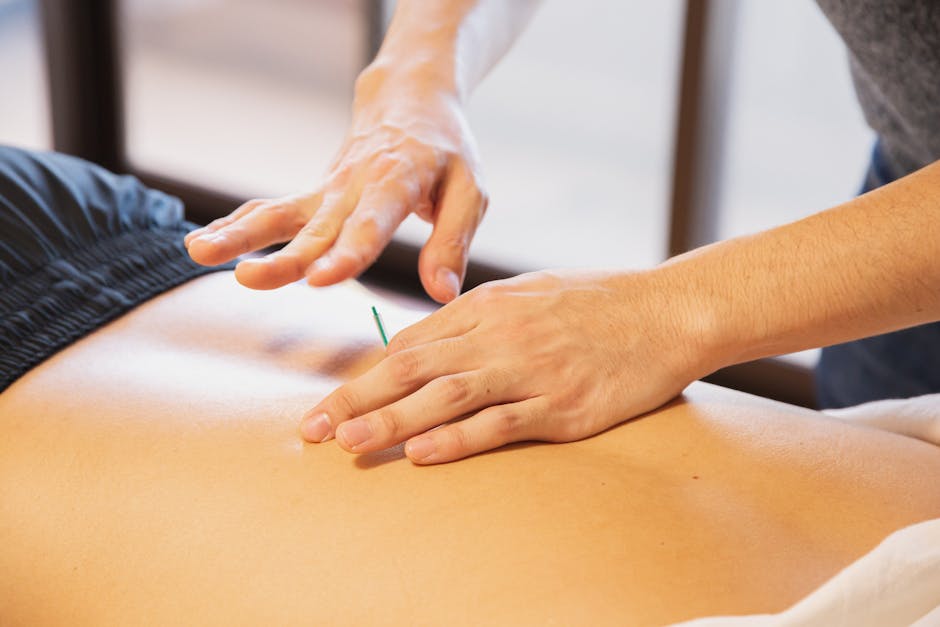Unveiling The Proven Cure For Acne: A Comprehensive Guide
Acne, the bane of many individuals' lives, is a chronic skin condition that manifests as pimples, blackheads, and cysts. While its causes can be multifactorial, including hormonal imbalances, genetics, and bacteria, the search for an effective cure has been ongoing for centuries. In this blog post, we will delve into the proven and effective treatments for acne, empowering you with the knowledge to combat this prevalent skin condition.
**Understanding the Root Causes of Acne**
Acne occurs when the sebaceous glands produce excess oil, known as sebum, which clogs the pores. This creates an environment conducive to the growth of bacteria, leading to inflammation and the formation of pimples. In addition to hormonal fluctuations and genetics, certain factors can exacerbate acne, such as stress, diet, and medications.
**The Power of Salicylic Acid and Benzoyl Peroxide**
Salicylic acid is a beta-hydroxy acid (BHA) that exfoliates the skin, unclogging pores and reducing inflammation. Benzoyl peroxide is an antibacterial agent that combats the bacteria responsible for acne. These ingredients are commonly found in over-the-counter acne treatments and have been proven effective in managing mild to moderate acne.
**The Importance of Retinoids**
Retinoids, vitamin A derivatives, are highly effective in regulating sebum production, preventing clogged pores, and reducing inflammation. They come in various forms, including topical creams, gels, and oral medications. Retinoids require consistent use over several weeks to see results and may cause skin irritation initially.
**The Role of Antibiotics**
In cases of severe acne that does not respond to over-the-counter treatments, prescription antibiotics may be necessary. Antibiotics work by killing the bacteria that cause acne. Common antibiotics used for acne include erythromycin, tetracycline, and doxycycline.
**Dietary Modifications**
While diet does not directly cause acne, certain foods may aggravate the condition. Limiting dairy products, processed foods, and sugary drinks can be beneficial. Incorporating fruits, vegetables, and whole grains into your diet provides essential nutrients that support skin health.
**Stress Management**
Stress can trigger acne breakouts by increasing sebum production. Engaging in stress-reducing activities such as exercise, yoga, or meditation can help manage stress levels and improve skin health.
**The Patience Factor**
Treating acne effectively requires patience and consistency. It may take several weeks to see significant improvement, and it is crucial to follow the prescribed treatment plan diligently. Do not be discouraged by occasional breakouts, as they are part of the healing process.
**Conclusion**
Acne is a common skin condition that can be effectively managed with proven treatments. By understanding the underlying causes, utilizing effective ingredients like salicylic acid, benzoyl peroxide, and retinoids, and adopting healthy lifestyle practices, you can achieve clear and healthy skin. Remember to be patient and consult with a dermatologist if necessary. With proper care and perseverance, you can overcome acne and restore your skin's natural radiance.


